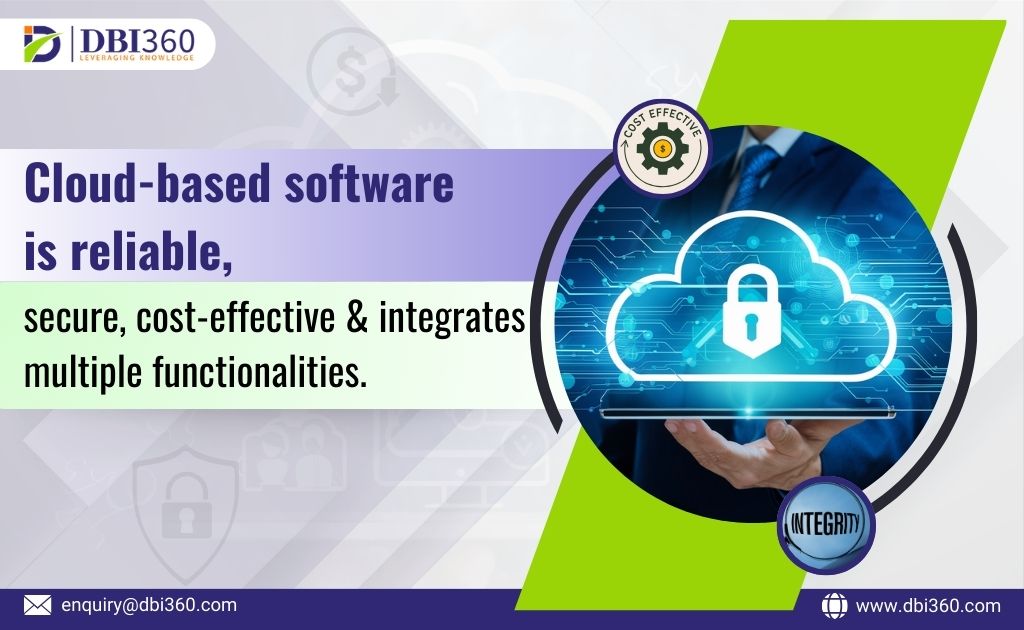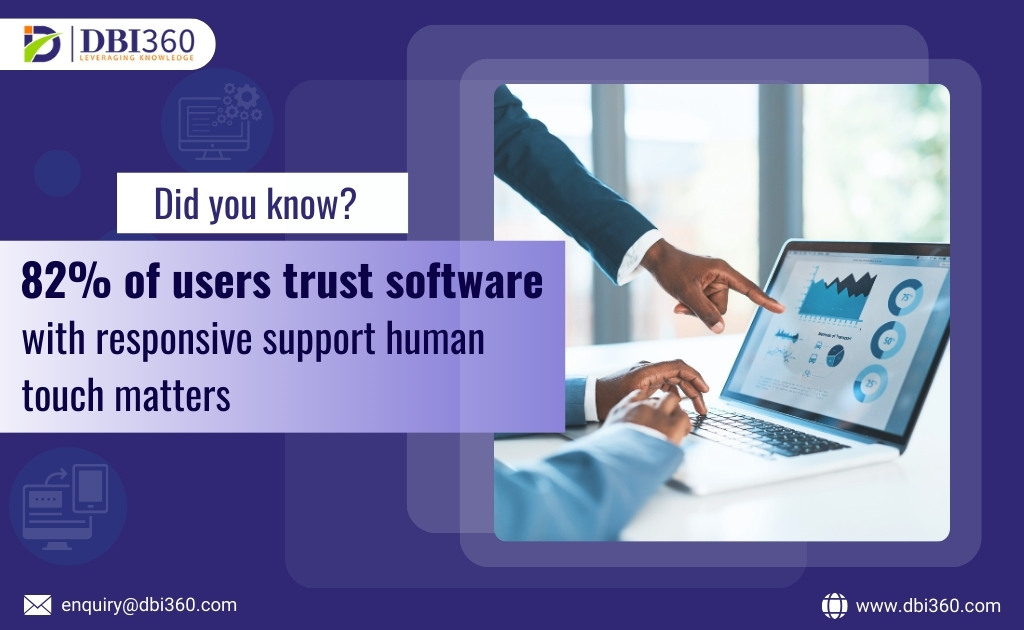Leveraging technology is crucial for maintaining a competitive edge in today’s fast-paced business environment. Among the various technological advancements, cloud-based software has emerged as a game-changer. It offers scalability, flexibility, and cost-efficiency that traditional on-premises solutions cannot match. However, despite its numerous benefits, several misconceptions about cloud-based software persist. This blog post aims to debunk five common misconceptions and highlight the true potential of cloud solutions, especially for business intelligence and database management.
Misconception 1: Cloud-Based Software is Not Secure
One of the most pervasive myths is that cloud-based software is not secure. Many believe that storing data off-premises increases vulnerability to cyberattacks. However, cloud providers invest heavily in security measures, including advanced encryption, multi-factor authentication, and continuous monitoring. These security protocols often surpass what most businesses can afford to implement on their own servers.
For instance, reputable cloud providers like DBI360, Microsoft Azure, and Google Cloud have robust security frameworks and compliance certifications. They employ sophisticated security tools and protocols to protect data, ensuring high levels of security and reliability. Businesses utilizing these cloud services can rest assured that their data is protected by some of the best security measures available.
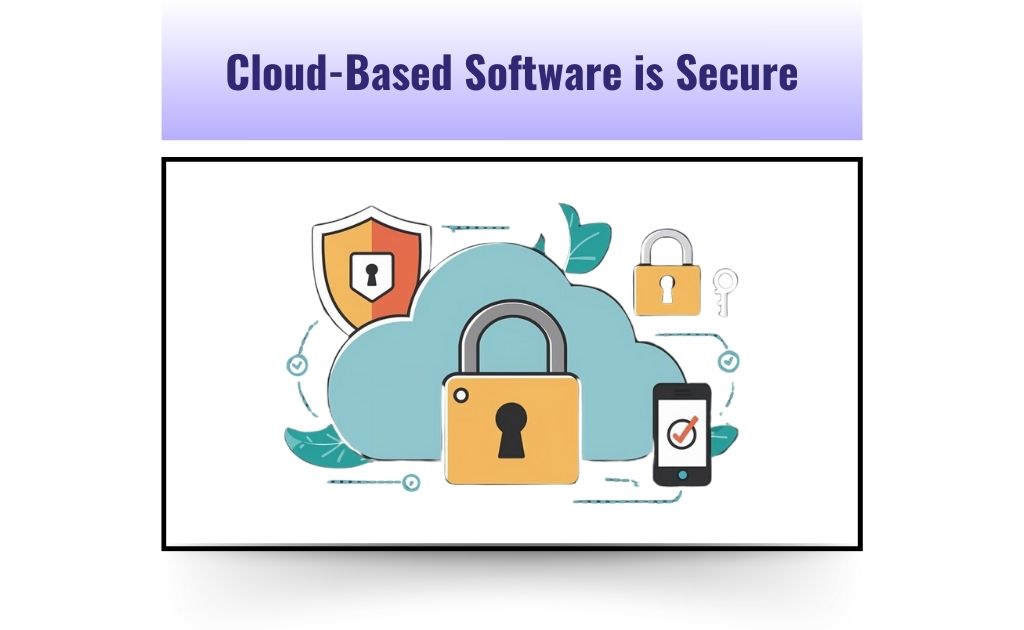
Misconception 2: Cloud Solutions Are Too Expensive
Another common misconception is that cloud solutions are prohibitively expensive. In reality, cloud-based software can be more cost-effective than on-premises alternatives. Cloud solutions operate on a subscription-based or pay-as-you-go model, allowing businesses to pay only for the resources they use. This flexibility eliminates the need for significant upfront investments in hardware and reduces ongoing maintenance costs.
Moreover, cloud solutions reduce the need for in-house IT infrastructure and personnel, leading to additional savings. Businesses can allocate resources more efficiently and scale their operations up or down based on demand, avoiding the financial strain associated with traditional IT infrastructure.
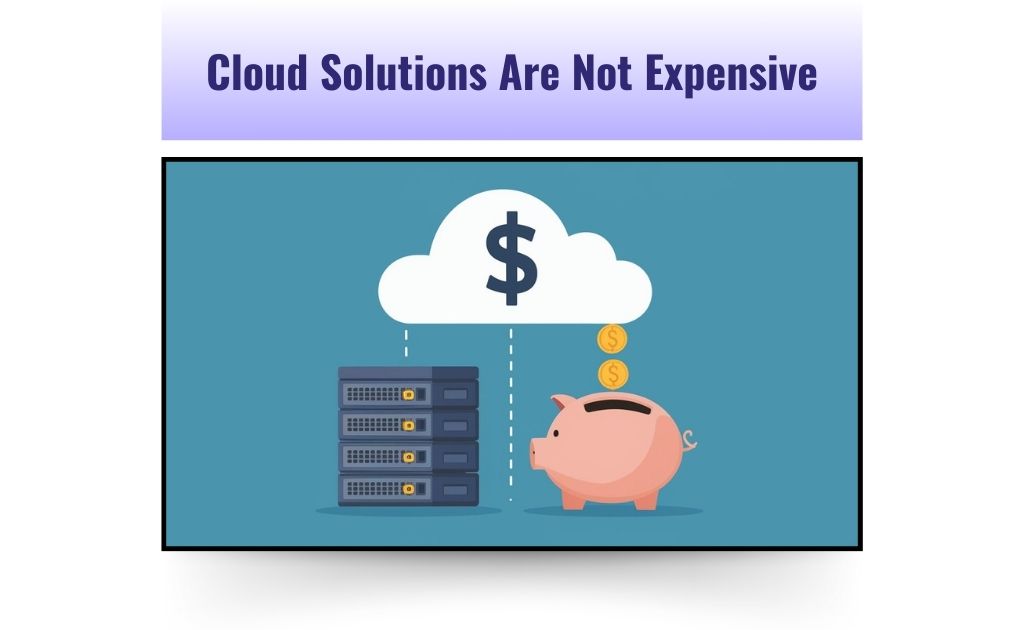
Misconception 3: Cloud Software is Unreliable
Some businesses hesitate to adopt cloud-based software, fearing it might be unreliable. However, leading cloud providers offer uptime guarantees and robust Service Level Agreements (SLAs). These agreements ensure high availability and reliability, often promising 99.9% uptime or better.
Cloud providers also implement redundancy and backup features to minimize downtime and data loss. For example, data is typically replicated across multiple data centers, ensuring that if one server fails, another can seamlessly take over. This redundancy significantly enhances the reliability of cloud-based systems compared to on-premises solutions.
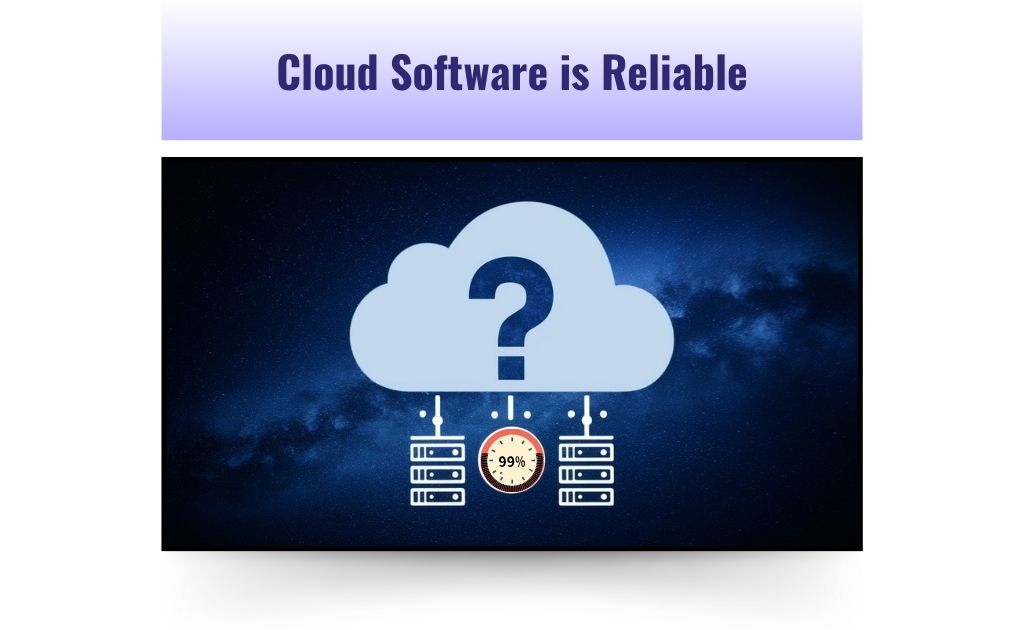
Misconception 4: Cloud Software is Difficult to Use
Many believe that cloud-based software is complicated and challenging to integrate into existing systems. However, modern cloud solutions prioritize user experience with intuitive interfaces and seamless integration capabilities. They are designed to be user-friendly, ensuring that even non-technical staff can navigate and utilize the software effectively.
Additionally, cloud-based SaaS (Software as a Service) solutions often come with comprehensive support and training resources. Case studies and user testimonials frequently highlight how businesses have successfully adopted and benefited from cloud software without significant difficulties.
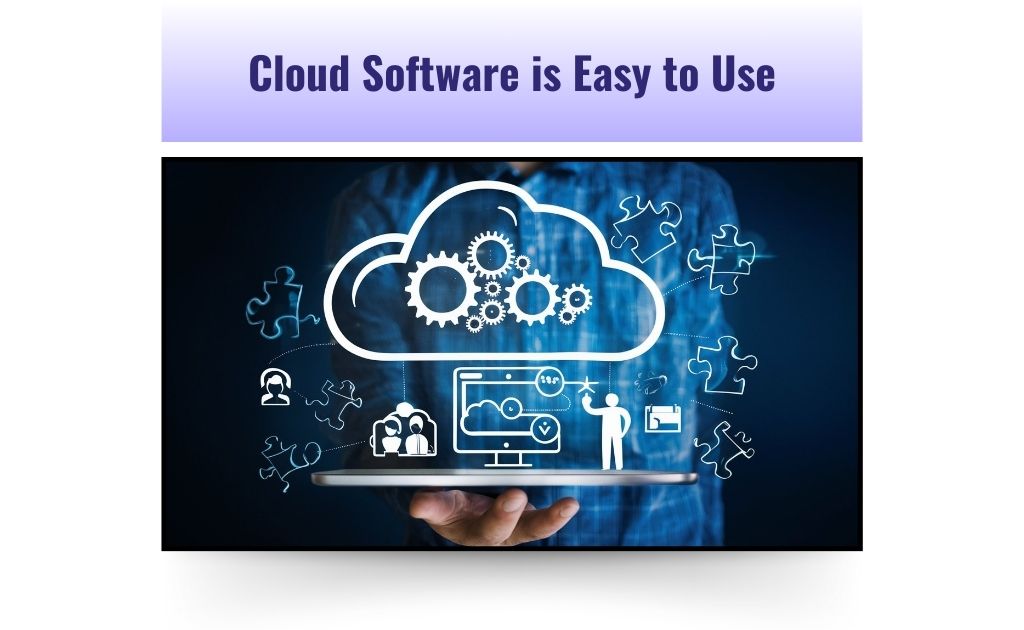
Misconception 5: Cloud Solutions Lack Customization
The final misconception is that cloud solutions cannot be customized to meet specific business needs. In reality, cloud-based software is highly customizable and scalable. Businesses can tailor these solutions through APIs and integrations with other software, creating a cohesive and personalized system.
For instance, cloud-based business intelligence tools can integrate seamlessly with various data sources, providing customized reports and dashboards. This flexibility enables businesses to extract valuable insights and make informed decisions based on their unique requirements.
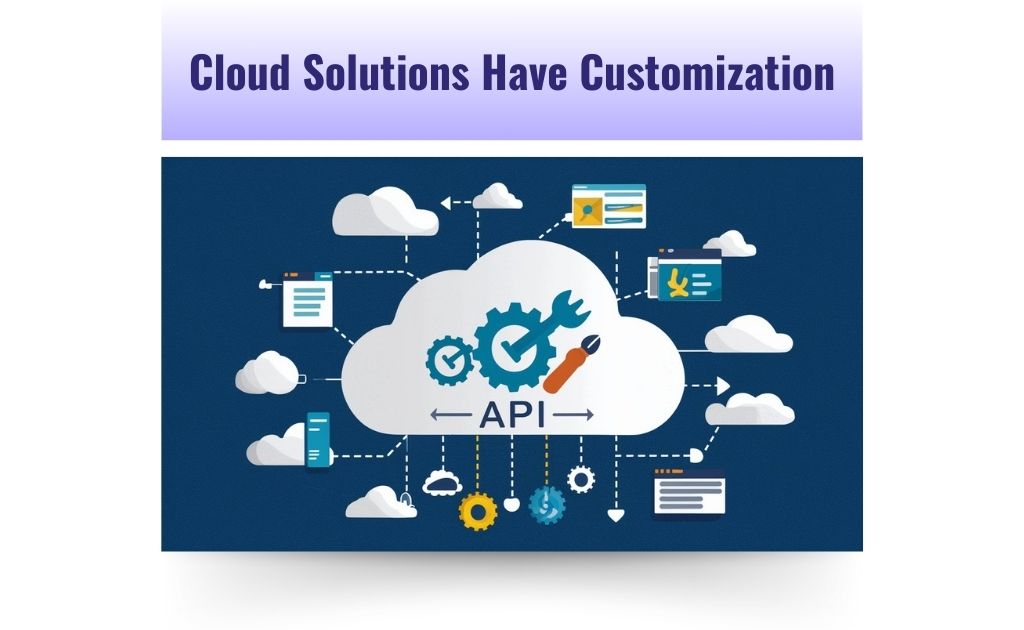
Conclusion
In conclusion, cloud-based software offers numerous advantages that debunk common misconceptions. It provides robust security, cost-efficiency, reliability, user-friendliness, and customization. Businesses can significantly enhance their operations by adopting cloud solutions for business intelligence, database management, and other critical functions.
DBI360 stands out as a reliable, secure, and cost-effective cloud-based solution that integrates various functionalities into a single platform. By choosing DBI360, businesses can streamline their processes, improve efficiency, and gain a competitive edge in the market. To learn more about how DBI360 can benefit your business, visit our website or contact us today.
Staying informed and challenging misconceptions are essential in today’s rapidly evolving technological landscape. Share your thoughts and experiences with cloud-based software in the comments below, and help spread the truth about these powerful tools.


